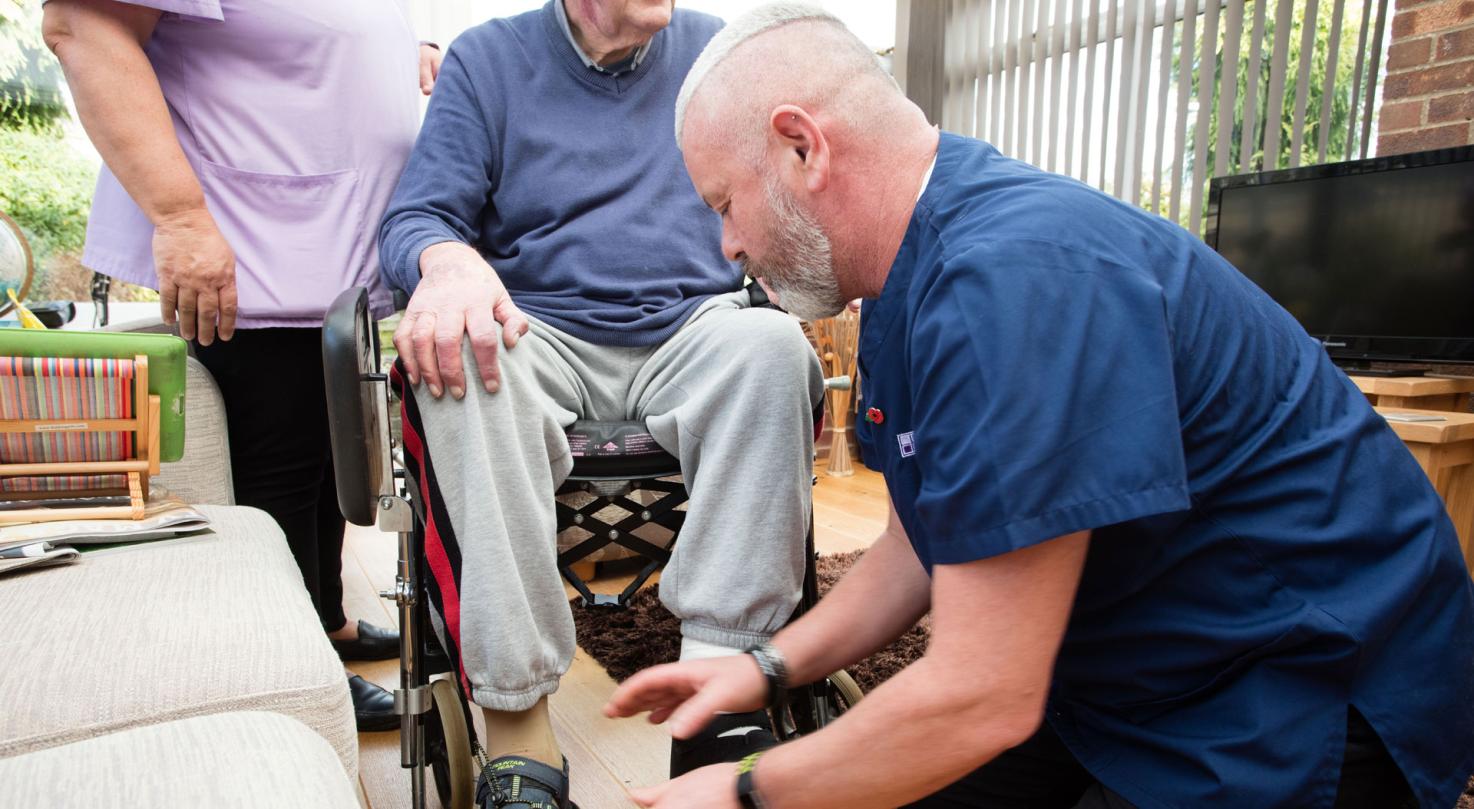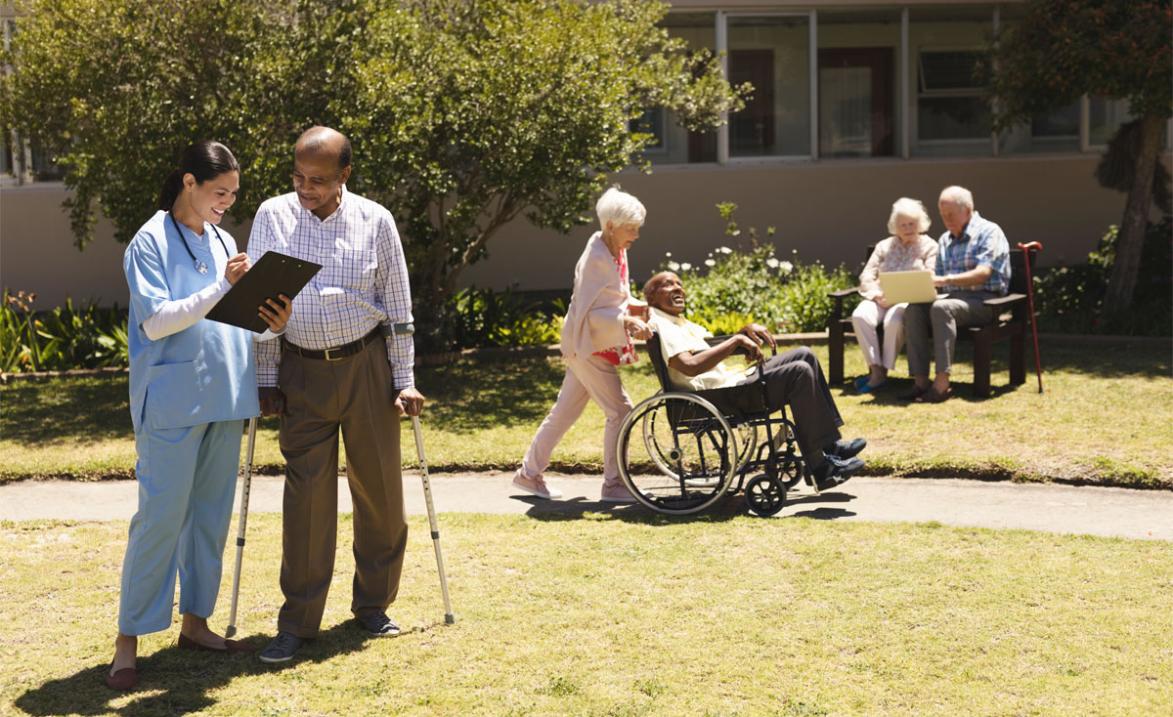What Are the Alternatives to Medical Rehab Facility Disability Services?
Introduction

- Medical rehab facility disability services provide specialized care and support to individuals with disabilities, helping them regain or maintain their functional abilities and independence.
- These services often include physical therapy, occupational therapy, speech therapy, and psychological counseling.
- While these services can be invaluable, they may not be accessible or suitable for everyone due to limited availability, high costs, or personal preferences.
Types Of Alternatives To Medical Rehab Facility Disability Services
Fortunately, there are several alternatives to medical rehab facility disability services that can provide individuals with the support they need to live fulfilling and independent lives.
1. Home Health Care Services
- Home health care services provide personalized care and assistance to individuals in their own homes.
- Benefits include the comfort of a familiar environment, cost-effectiveness, and the ability to tailor services to individual needs.
- Drawbacks include limited availability, potential isolation, and the lack of specialized equipment.
2. Community-Based Rehabilitation Programs
- Community-based rehabilitation programs offer a range of services and activities designed to help individuals with disabilities participate in their communities.
- Benefits include social interaction, access to resources, and cost-effectiveness.
- Drawbacks include transportation challenges, limited availability, and the lack of specialized equipment.

3. Supported Employment Programs
- Supported employment programs provide job training, placement assistance, and ongoing support to individuals with disabilities who want to work.
- Benefits include the opportunity to gain meaningful employment, increased independence, and social interaction.
- Drawbacks include limited availability, a competitive job market, and potential stigma.
4. Assistive Technology and Devices
- Assistive technology and devices can help individuals with disabilities perform everyday tasks more easily and independently.
- Benefits include increased independence, improved quality of life, and cost-effectiveness.
- Drawbacks include the cost, learning curve, and maintenance requirements.
Factors To Consider When Choosing An Alternative

When choosing an alternative to medical rehab facility disability services, it is important to consider the following factors:
- Individual needs and preferences: Consider the person's specific needs, goals, and preferences.
- Severity of disability: The severity of the disability will determine the level of support and care required.
- Availability of resources: Consider the availability of resources, such as financial resources, transportation, and support networks.
- Cost considerations: Compare the costs of different alternatives and consider the long-term financial implications.
- Support network and family involvement: Consider the availability of a support network and the level of family involvement in providing care.
Exploring alternatives to medical rehab facility disability services is essential for individuals seeking support and care. By considering individual needs, preferences, and resources, it is possible to find suitable alternatives that promote independence, improve quality of life, and empower individuals with disabilities to live fulfilling lives.
YesNo

Leave a Reply